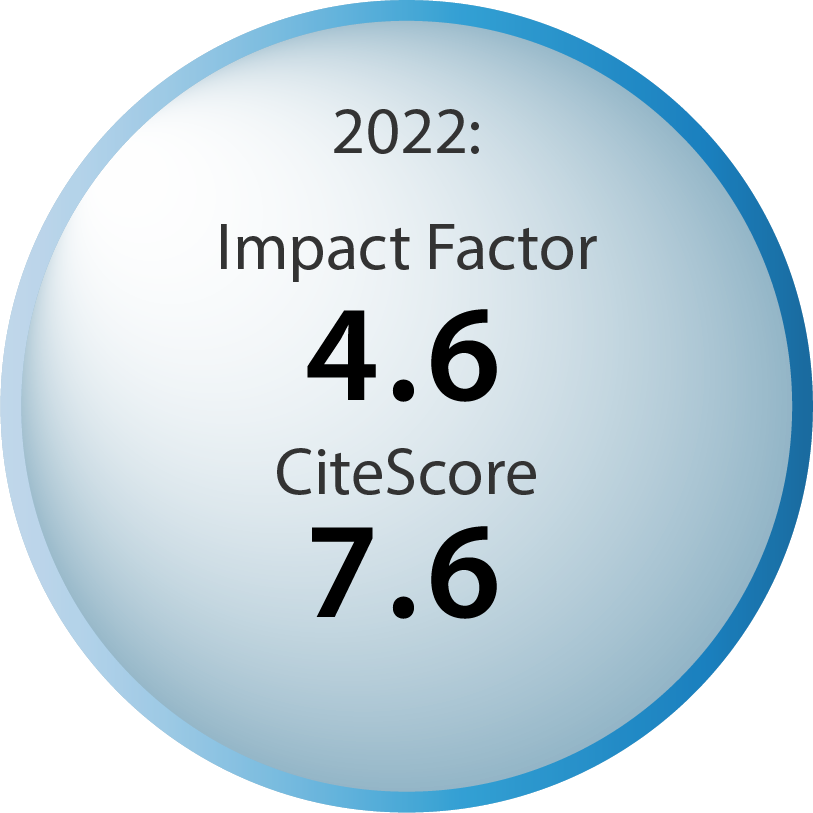The Journal
About the content
Microbial Cell is an open-access, peer-reviewed journal that publishes exceptionally relevant research works that implement the use of unicellular organisms (and multicellular microorganisms) to understand cellular responses to internal and external stimuli and/or human diseases. Thus, the topics covered in Microbial Cell are as heterogeneous as cell death (including apoptosis, necrosis, autophagic death), aging, autophagy, stress response, nutrient signalling, unicellular metabolism, cell host and microbe interactions, or plant/fungal interaction. Further topics include but are not restricted to the microbiome, disease and behaviour, infection, evolution of multicellularity and quorum sensing, biofilm formation, antibiotics, bacteria, archaea, fungi, eukaryotic microorganisms, viruses, pathogenicity, gene expression and regulation, biotechnology, microbial factories, cell biology and signaling pathways, microbial ecology, evolution and gene transfer, membranes, traffic, vesicle fusion, lipids, and novel techniques. The publication is intended for international scientists, educators and policy makers as well as for any individual around the world interested in the indirect (e.g. in vivo modeling) and direct (e.g. infection treatments) applicability of results obtained in the unicellular research community. >> Back to top
General publication policies
As a web-based journal, Microbial Cell is committed to fast publication. Accepted manuscripts will thus appear online as advanced publications within days of acceptance and will eventually be published in Microbial Cell’s regular issues that are released monthly (on the first Monday of the month). In addition to several types of primary research papers, Microbial Cell also publishes different formats of review and commentary articles. Please learn more about our Article Types .
Microbial Cell is published by Shared Science Publishers OG and adheres to the open-access concept, which allows unrestricted access and reuse of published scientific material to any individual around the world. This enables the acquisition and exchange of ideas and scientific advancements for scientists, educators and individuals in a manner that is independent from economic barriers. That is why Microbial Cell applies the Creative Commons Attribution License to all published material. Please learn more about Microbial Cell’s commitment to open access and the Creative Commons Attribution License. The expenses that arise from providing open access are partly recovered by charging a publication fee to the authors or research sponsors upon publication of an article. Learn more about our publication fees. However, we have developed a fee waiver program for authors from developing countries where restricted funds may hinder covering publication fees: learn more about Microbial Cell’s DevResearch Program. >> Back to top
Archiving and indexing
Long-term archiving of all published articles is secured through our partnership with the Austrian National Library and Pubmed Central, where the version of record of all research articles is deposited. Microbial Cell is currently indexed in several bibliographic databases, including Pubmed, PMC, Europe PMC, Scopus, CrossRef, DOAJ (holder of the DOAJ Seal), ESCI (Clarivate), Biological Abstracts, BIOSIS Previews, Chemical Abstracts Service (CAS), Google Scholar, Baidu Scholar, HINARI, SHERPA/RoMEO, Primo Central (ExLibris), and Open J-Gate. Applications for inclusion in other indices are currently underway. >> Back to top









